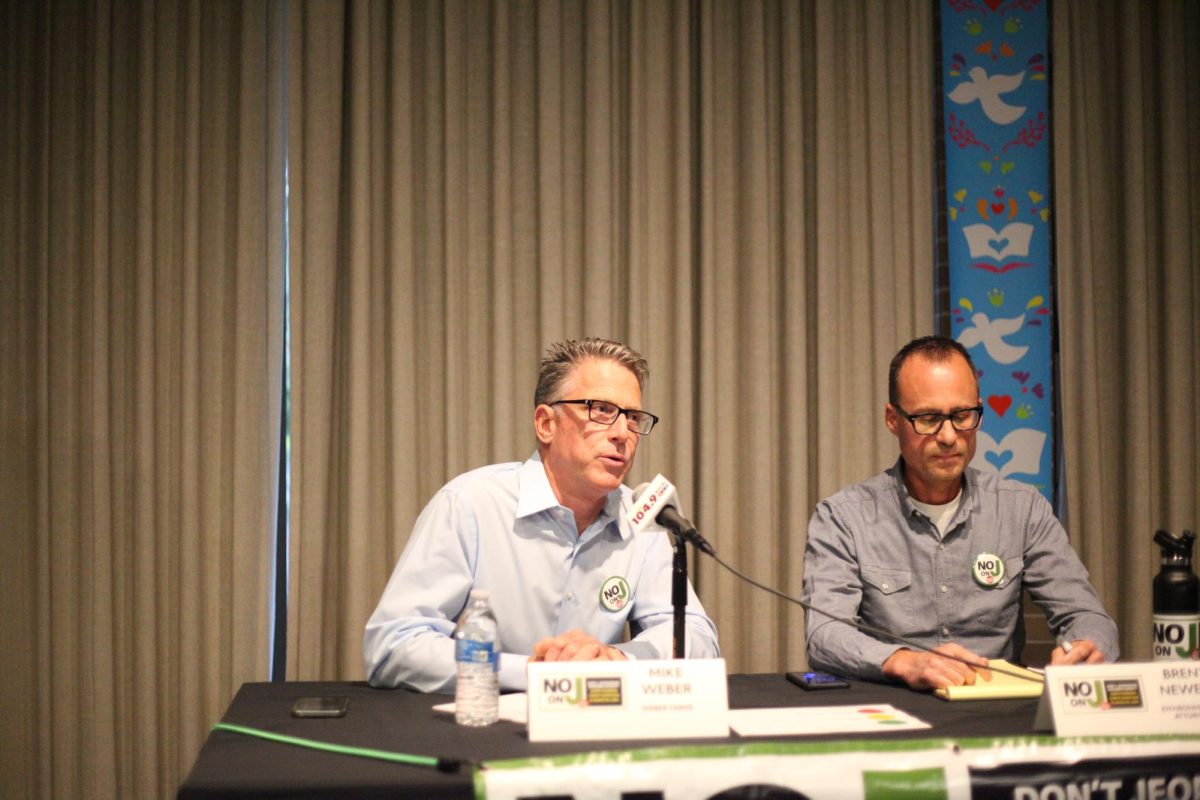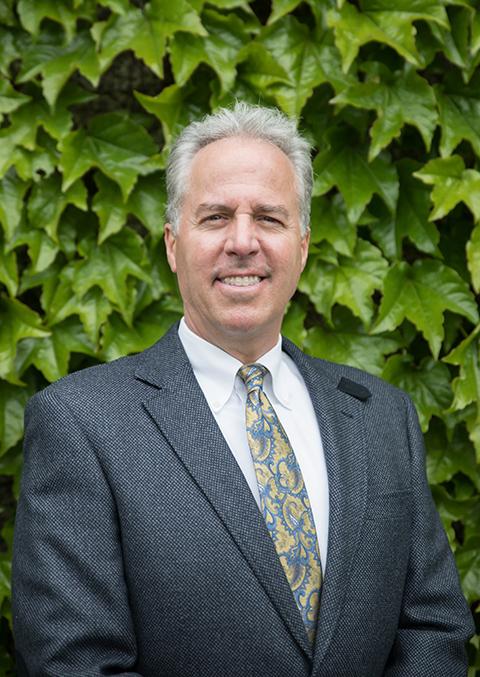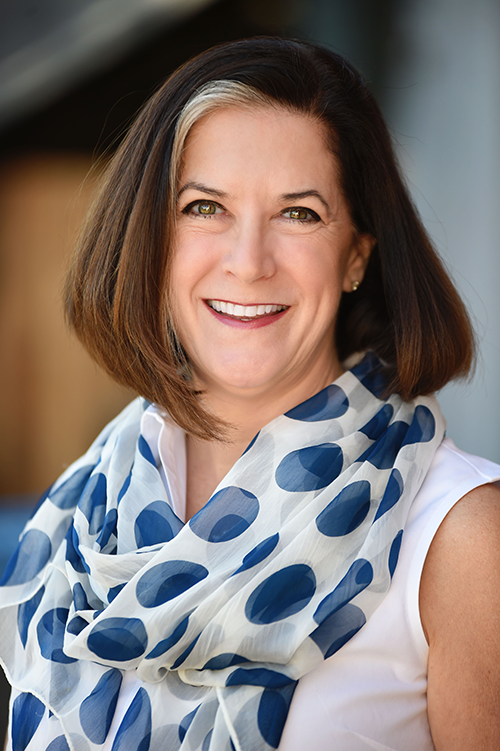Sonoma State’s Dean of Arts and Humanities Hollis Robbins held a discussion forum on Feb. 7 following an incident when she recited the N-word from a poem during a guest lecture.
Robbins was a guest on Jan. 29 for “American Diversity: Past, Present, and Future,” a sophomore year experience and American Multicultural Studies class.
She read and displayed many poems by acclaimed black poets, including “Black Art” by Amiri Baraka and “Christ in Alabama” by Langston Hughes, both containing the N-word. Robbins read the word multiple times out loud to the class, with a handful of black students in the room.
“When I’ve read it in the past it’s been with respect, because I respect these poets,” Robbins said, “I’ve never said the word except when these poets say it.”
Understanding that this incident has spread to faculty, staff, and students on campus, Robbins invited all to express her deepest apologies, discuss the matter and come up with a resolution moving forward at The HUB, which is, “An integral center for diversity, vitality, and creativity,” according to its website.
“At The HUB, mostly I wanted to hear the hurt. I heard the hurt, I acknowledge the hurt, and I’m sorry about the hurt deeply,” Robbins said.
At The HUB, staff, students and faculty expressed their personal feelings about the reading of the poem, its effect on the African-American student body and perceptions on the overall racial climate of the school.
Among the many faculty and staff that spoke up, Cookie Garrett, the area coordinator for resident living area Beaujolais, advisor for the Black Student Union, and the staff co-chair of the Black Faculty and Staff Association, expressed herself on behalf of the black students that come to her for support.
“From a personal standpoint, as a black woman and as a professional staff member of this campus, I have heard so many things in my short time here, of where students have been offended in the classroom, have been by advisors by other students, and no one really speaks up to say this is a problem we need to address” Garrett said, addressing that many of the racial incidents that happen on campus go unreported and unresolved.
“It’s the matter of the climate and the context of Sonoma State,” EOP Senior Advisor Andre Bailey said. “It’s not so much you, it’s the systematic idea that on the basis that the issue or the issue of concern is not being taken into account from a serious standpoint. And I think it’s evident to be in a room where there’s not enough seats here even now.”
The heart of this event was the students who were present in the conversation. From those that were at the initial incident last Tuesday to their peers and allies, students came and expressed their concerns and frustrations.
Sophomore Loren Smith, who was in the class, said, “I really enjoyed the poems, but it was more so an afterthought after thinking of my discomfort in that space.”
“I know that you can read about it in your history books and your textbooks and your very advanced scholarly books that you’ve got,” Crystal Jimenez, an Afro-Latinx student, told Robbins, “but you’ve never gone through that experience, and you’re never going to understand that.”
Keanu Thompson, a senior majoring in women and gender studies and Sociology, wants to see campus policy change. “We can create classroom expectations and follow them. We can create an environment, this culture that you want. We can create that, and not say it at all. And we can start it now,” she told Robbins.
Robbins, who was hired last fall, used The HUB event to issue an apology to the students directly affected in the class and to all of the black community on campus.
“I want to be part of the solution, not part of the problem” Robbins said.
“Studying historical material is an important aspect of the university experience. Yet it is important to recognize that studying material meant to be provocative in its day – and that resonates in offensive ways today – presents challenges to instructors and students alike.” Provost Lisa Vollendorf said in a statement.
Robbins is an expert on 19th century African-American literature, particularly poetry. “One of my favorite poets from the 1960s is Amiri Baraka, and he doesnt get taught very much because he’s dangerous. Because he was so dangerous and so badass, a lot of professors won’t teach him, and he doesn’t get into a lot of the poetry books.” she said.
Robbins also addressed her lack of awareness of the campus climate. “The last time I gave this lecture and these poems was three years ago. There was no Donald Trump in the White House. Things have changed,” she said. “I’ve learned that this hasn’t been a great climate, and I apologize for not knowing that.”
“We are using this situation to develop guidelines for the handling of similar issues in the future,” Provost Vollendorf said. “We have the opportunity to build a stronger understanding of our current campus climate and to work collectively to improve that climate.”
The poem incident has created an on-campus debate about the contextual use of the N-word, and other highly offensive terminology.
“My understanding is that conversations like this don’t always happen here. Somebody had said early on something about me being the highest ranking person in leadership to come to The HUB, and that made me a little sad,” Robbins said.


































